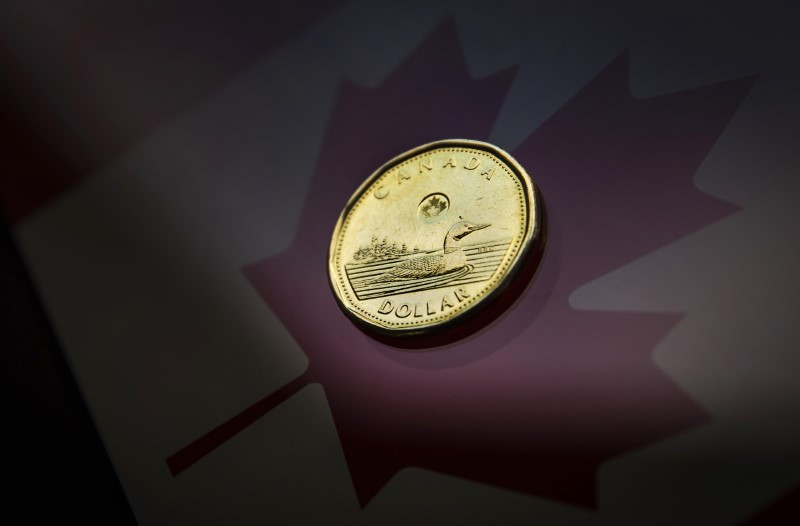* Canadian dollar trades near flat against the greenback
* Loonie hits a one-month low
* Oil prices gain 0.3%
* Bond prices mixed across a flatter yield curve
By Levent Uslu
TORONTO, July 26 (Reuters) - The Canadian dollar was little changed against its U.S. counterpart on Friday, recovering from an earlier one-month low which it hit after better-than-expected U.S. data and the ruling out of currency intervention by a top White House adviser.
The Trump administration has "ruled out" intervening in markets to lower the U.S. dollar's value, even though President Donald Trump is concerned other countries are weakening their currencies to gain a trade advantage, White House economic adviser Larry Kudlow told CNBC. Kudlow gave his interview and said that the U.S. would not intervene to weaken the dollar, and as a result the dollar index just took off, and dollar-Canada went along with it." said Greg Anderson, global head of foreign exchange strategy at BMO capital markets in New York.
The U.S. dollar .DXY was also boosted by data showing the U.S. economy expanded at a 2.1% annualized rate in the second quarter. the data did not alter the view that the U.S. Federal Reserve would soon lower interest rates for the first time in a decade.
At 3:56 p.m. (1956 GMT), the Canadian dollar CAD=D4 was trading nearly unchanged at 1.3168 to the greenback, or 75.94 U.S. cents. The currency touched its lowest intraday level since June 25 at 1.3199.
For the week the loonie was down 0.8%, the second straight week it declined.
Meanwhile, the price of oil, one of Canada's major exports, was boosted by upbeat U.S. economic data and concerns over the safety of oil transport around the Strait of Hormuz. U.S. crude oil futures CLc1 settled 0.3% up at $56.20 a barrel government bond prices were mixed across a flatter yield curve, with the two-year CA2YT=RR down 3 Canadian cents to yield 1.465% and the 10-year CA10YT=RR rising 3 Canadian cents to yield 1.464%.
The gap between Canada's 10-year yield and its U.S. equivalent widened by 2.4 basis points to a spread of 63.1 basis points in favor of the U.S. bond, the biggest gap since June 18.
Canada posted a budget deficit of C$1.41 billion in the first two months of the 2019-2020 fiscal year, following a C$3.18 billion surplus posted a year earlier.
